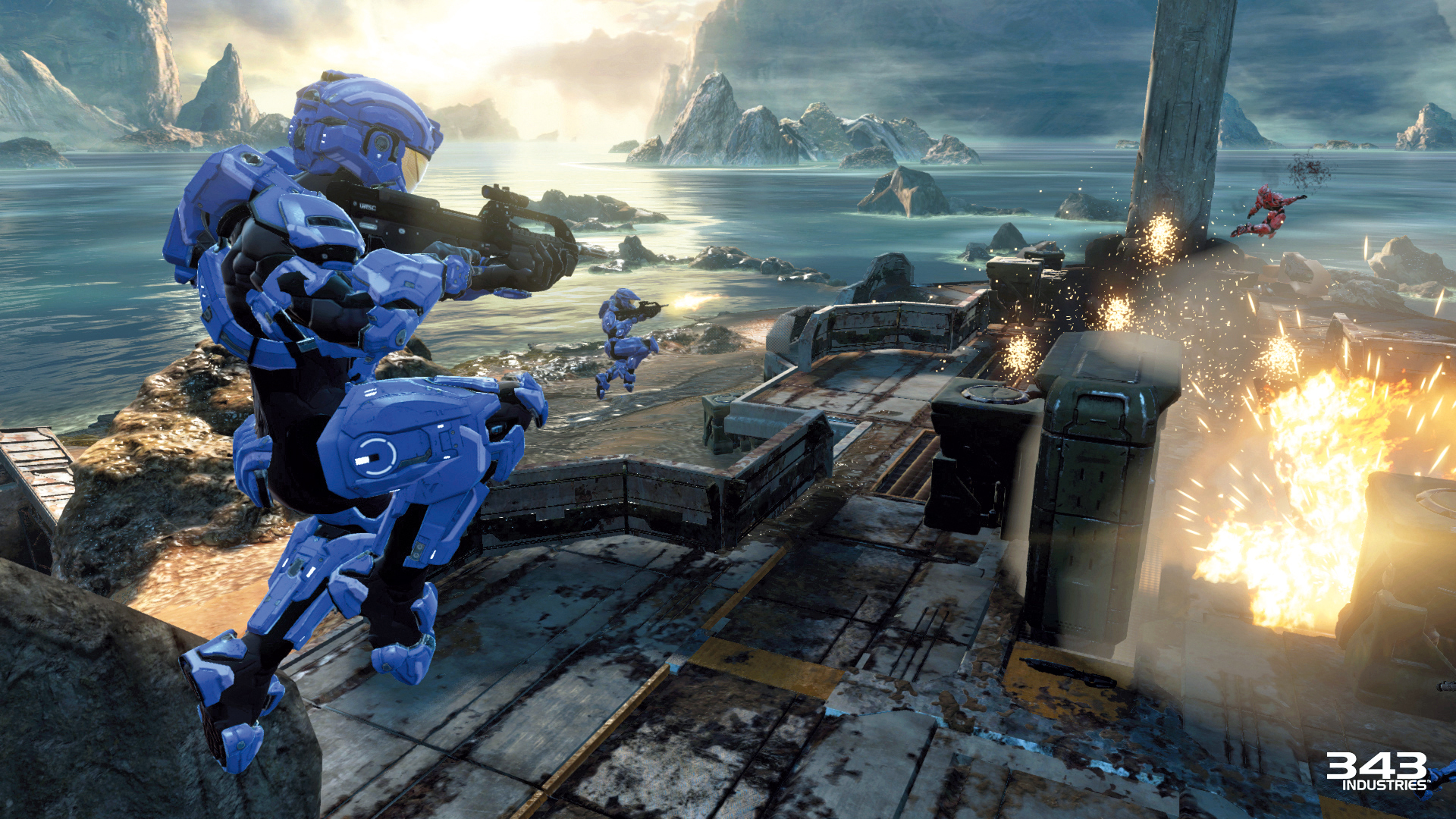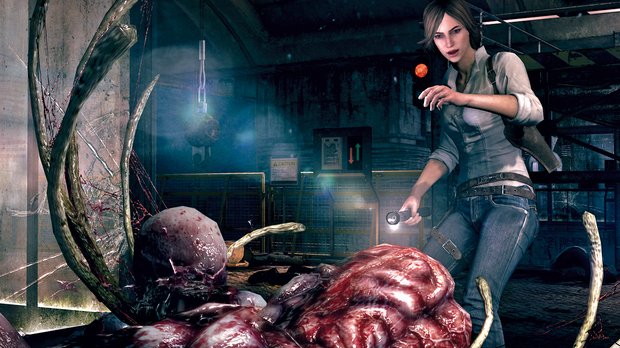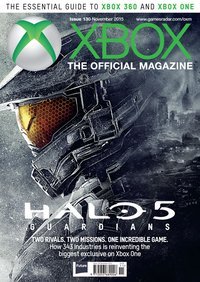Step out into the world of your favourite game for a moment and soak it in. Feel the breeze of the cool evening air dance around you as bushes and reeds sway; sit in quiet contemplation as the Sun sets and the entire world is drenched in an orange haze. Game worlds built with today’s tech are so rich and immersive that it’s easy to forget the whole place is built out of maths.
But built on numbers and algorithms they are, and that makes games more fragile things than you could ever know. Any tiny gap in the logic can tear even the most robust game world clean apart. Donkey Kong and Pac-Man are among the famous old arcade games that literally cannot be completed; eventually, on screens 117 and 256 respectively, the maths behind the madness gets tangled and the game glitches out in spectacular style.

That’s endearing of an arcade cabinet that’s (just about) old enough to be a grandad; not so much for a cutting-edge piece of software that costs the best part of £50. That’s why big companies spend such vast sums on quality assessment, and why testing games for a living is nowhere near as glamorous as it seems (er, does it seem glamorous?). Much of QA’s time is spent not embarking on thrilling speed runs, but rubbing along the edges of the game world, doing weird stuff in an attempt to unlock the magic combination of events that cause 10,000 watermelons to rain from the sky.
But games are huge, complex things these days, so as you can imagine, even if you had the entire country of Belgium working around the clock, a few glitches are going to slip through the cracks – which then inevitably surface on YouTube within hours of the game’s release. One of the most infamous glitches of modern times occurs in Wii launch title The Legend of Zelda: Twilight Princess – save your game at a certain point and you’ll be stuck in the room for the end of time, instantly wiping out 30+ hours of progress, unless you’re nursing a second save or are willing to download one and muck about with SD cards.

But things are different now, aren’t they? I know people don’t tend to write poetry about patches, but it’s pretty magical that bugs can be ironed out after the game’s release, isn’t it? But it’s a balancing act, too, and one that I think Xbox One isn’t getting right at all. One of the big draws of gaming on a console over a PC is supposed to be the immediacy – the notion that you can buy a game, jam it in the disc drive and it’ll be up and running within seconds. Mandatory installs have already stripped this latest generation of some of its instant punch, but that’s a necessary evil with where we’re at at the moment – there’s no way sluggish Blu-ray disc read times can be expected to keep up with today’s lush game worlds.
Patches, on the other hand, are another matter. Updates are impossibly massive on Xbox One, and download times are notoriously slow (even more so for me – despite living in one of Britain’s largest cities, fibre optic apparently isn’t available in my street). Settling down for a quick evening gaming session has become a nerve-wracking experience; I’m scared to click on any game I haven’t booted up for a while. Six months’ worth of Destiny updates has to weigh at least 16GB, right? Even the stuff I am playing manages to trip me up. Just the other night, Forza Horizon 2, a game I’ve been enjoying for over 50 hours without a single bug, decided to balloon by another 300MB. While I was waiting, I thought I’d give Jetpac Refuelled a whirl, only to be denied again – 500MB this time, seemingly just to add the words ‘Rare Replay’ to the game icon. In the end I decided to just read (gasp!) a book.
Weekly digests, tales from the communities you love, and more

Until Xbox One updates are wrestled down to a more manageable size, I think it’s time developers were more judicial in deciding which glitches are big enough to justify rolling out these disruptive, hard-drive guzzling updates. I’d rather a case of ‘glitch stops play’ than play never beginning at all.
Click here for more excellent Official Xbox Magazine articles. Or maybe you want to take advantage of some great offers on magazine subscriptions? You can find them here.



